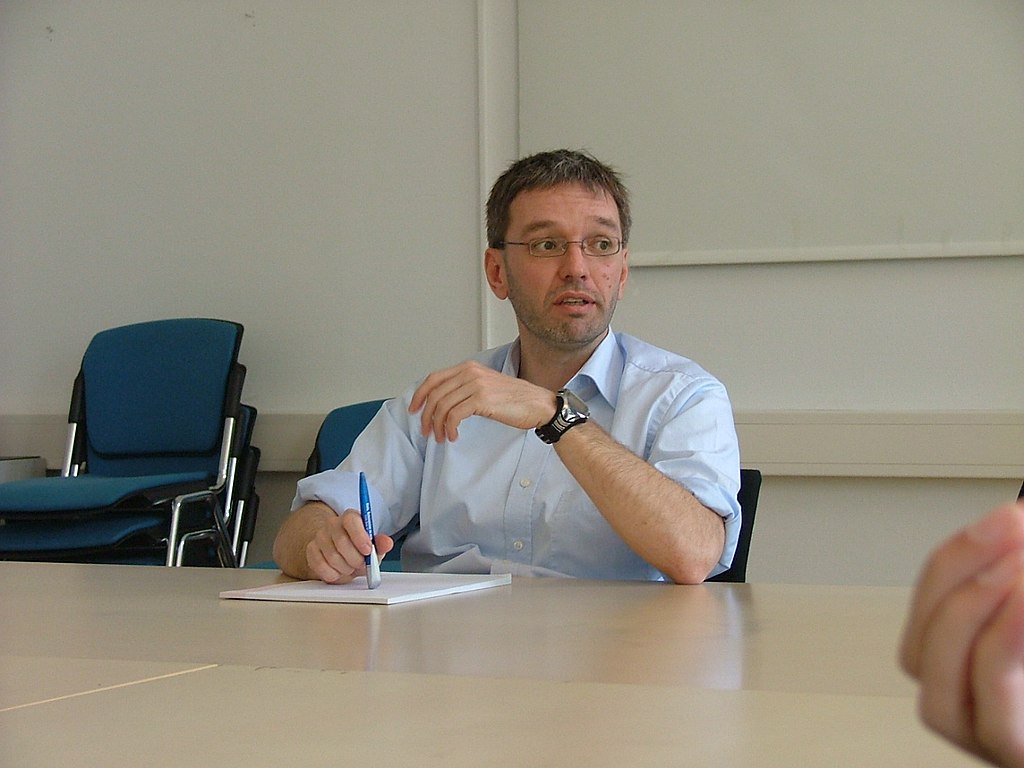Austria’s new far-right interior minister sparked an outcry Thursday by saying that his government wants to “concentrate” asylum-seekers, employing a word widely associated with Nazi camps.
Herbert Kickl told a news conference he wants “basic services centers, suitable infrastructure that enables us to concentrate people in the asylum process in one place.”
The comments quickly provoked outrage, with Alexander Pollak, head of migrants charity SOS Mitmensch, calling it a “deliberate provocation” and left-wing essayist Robert Misik saying “a Rubicon has been crossed.”
The opposition Green Party warned against the “language of National Socialism creeping into our way of thinking and feeling,” while the NEOS party said Kickl must apologize for his “deliberate provocation.”
Kickl, who became interior minister last month when his Freedom Party (FPOe) formed a coalition with the center-right following elections in October, back-pedaled, saying he did not “intend to provoke anyone.”
He said the government would implement a “very, very strict asylum policy” in response to what he said was a rise in crimes committed by foreigners last year.
The head of the FPOe, Vice-Chancellor Heinz-Christian Strache, also caused unease this month by appearing to suggest that asylum-seekers should be kept in empty military barracks and subjected to an evening curfew.
The party was formed by former Nazis in the 1950s. In the 1990s it was headed by Joerg Haider, whose many controversial comments included calling Hitler’s employment methods “orderly.”
On Wednesday, Austrian Jewish community leaders said that they would continue to shun any contact with the FPOe, including with government ministers from the party.
The Jewish Community of Vienna, which represents most Jews in Austria, said that its leadership voted unanimously against establishing contacts with representatives of the Freedom Party (FPOe). The decision continues a practice started in 2000.
Photo By Multimedia-Blog Brundespraesident.in (originally posted to Flickr as Herbert Kickl) [CC BY-SA 2.0 (https://creativecommons.org/licenses/by-sa/2.0)], via Wikimedia Commons























